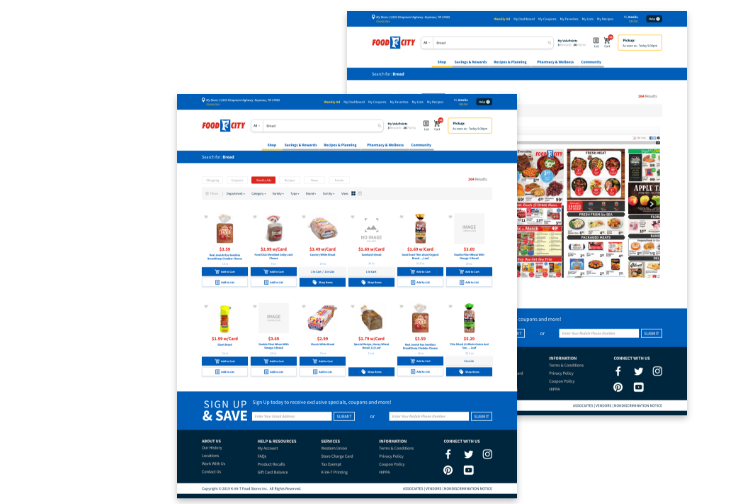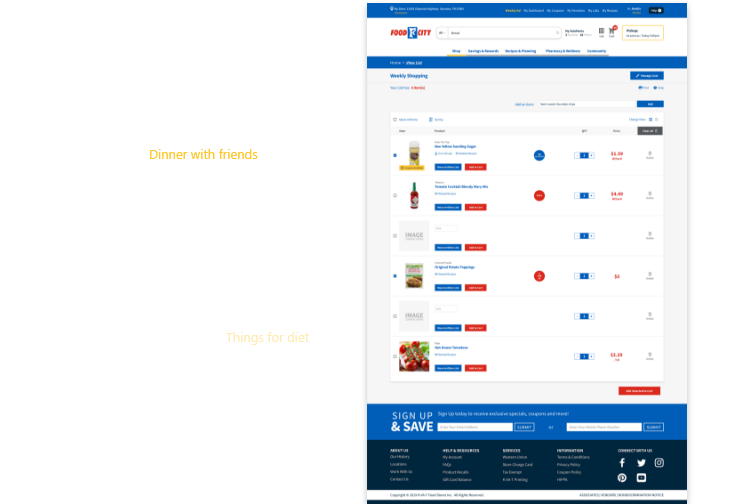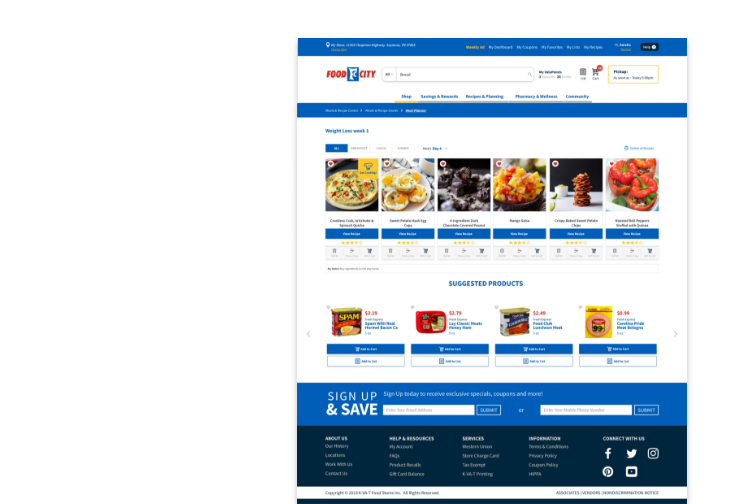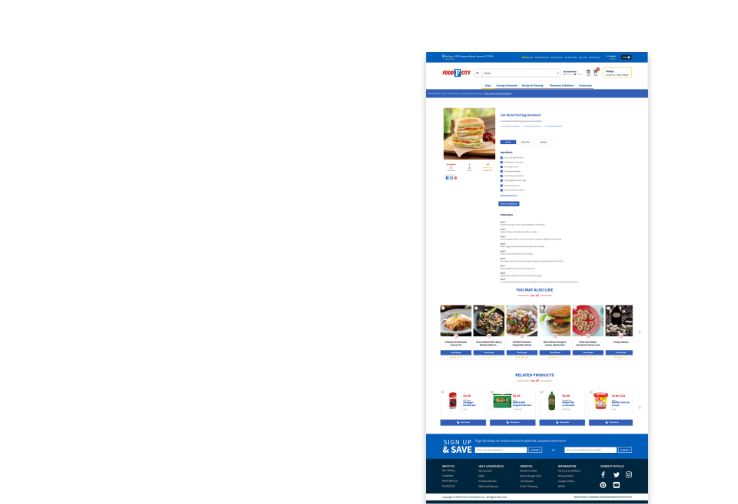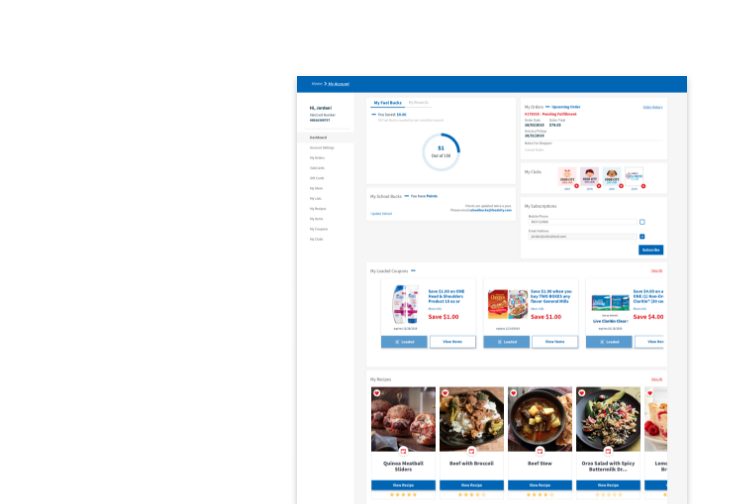
Wellness Club — Eating for Optimal Blood Sugar Management
Abingdon, VA. -
Tuesday, Nov 1, 2022.
November celebrates National Diabetes Month to bring awareness about the prevalence, risk factors and symptoms of diabetes. With 37 million adults in U.S. living with the chronic condition, an estimated 1 in 4 of whom are walking around undiagnosed, diabetes is an epidemic. Dietary intake, physical activity and lifestyle factors all influence how diabetes and blood sugars are managed.
Here are some tips to eating for optimal blood sugar management.
Eat appropriate portions.
Eating the right portions for your body is important for maintaining a healthy weight and managing blood sugars. Keeping track of the amount of carbohydrates you eat during a meal is one way to help manage blood sugar levels. Carbohydrate foods include starchy vegetables, like potatoes and corn and grains and grain products, like breads and cereals. Speak with your doctor or dietitian about an eating plan that is personalized to you.
Eat quality carbohydrates.
This includes items that are rich in fiber like oatmeal, beans and legumes, fruits and vegetables. The fiber is not digested and slows the rise in blood sugar after eating foods with carbohydrates. Food City’s Pick Well tags can help guide you toward higher fiber options. Look for the Whole Grain and Dietitian’s Pick tag when shopping.
Eat more non-starchy vegetables.
Non-starchy vegetables are high in vitamins and minerals, and often supply fiber while being low in carbohydrates and calories, so they may help you to feel full while not rising your blood sugar level very much. Non-starchy vegetables include green beans, tomatoes, broccoli, cauliflower, cabbage, carrots and salad greens. Fresh, frozen and canned varieties of vegetables are all great options. When shopping, be sure to look for the Heart Healthy, Low Sodium, and Dietitian’s Pick tags for better-for-you options.
Choose lean proteins.
People with diabetes have a higher risk for heart disease. Because of this, it’s important to limit the amount of saturated fat in your diet. Aim to incorporate lean proteins, such as skinless poultry, tofu, beans, eggs or non-fat yogurt. Look for protein foods that receive the Dietitian’s Pick, Heart Healthy and Low Sodium tags for the best option.

